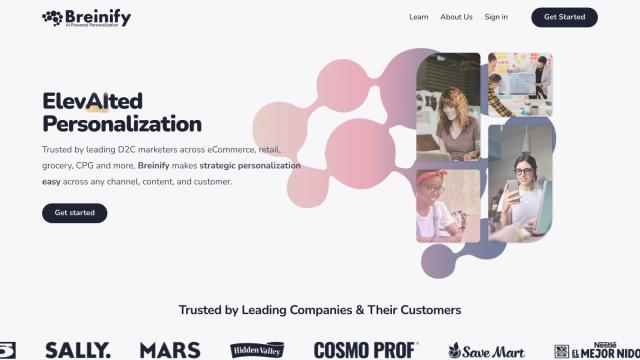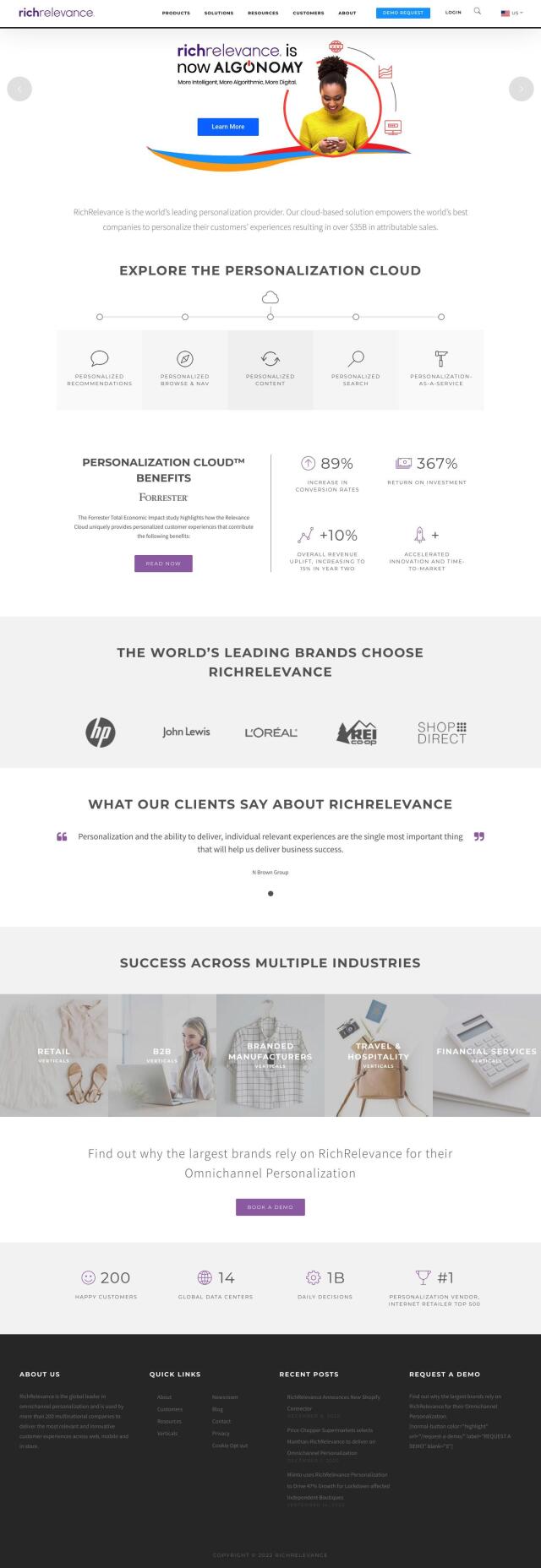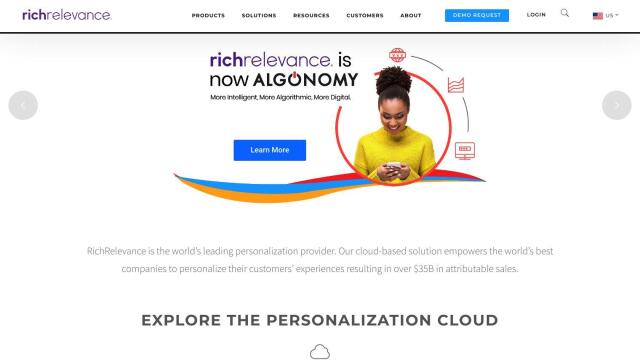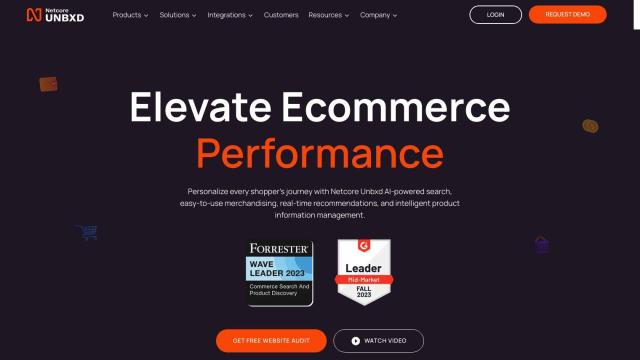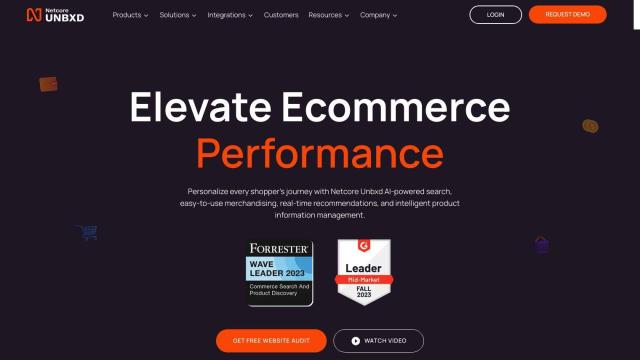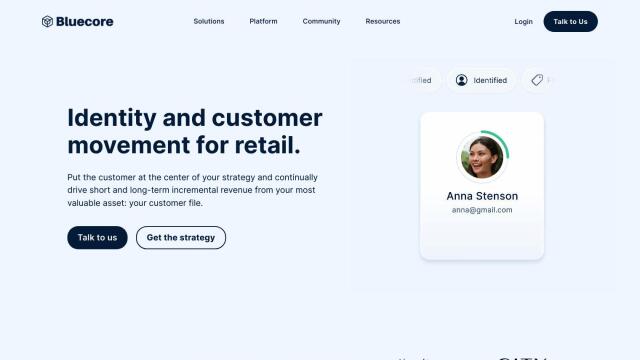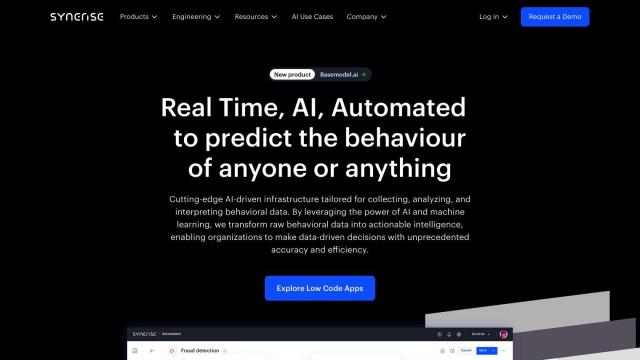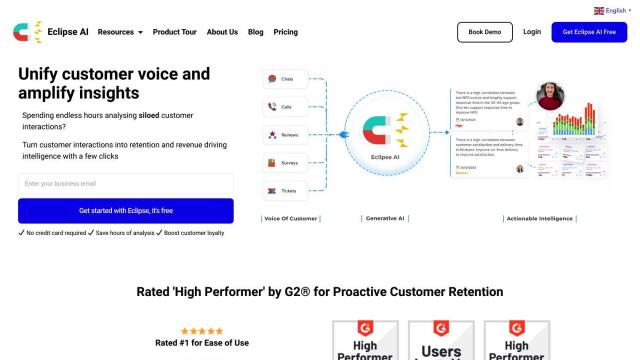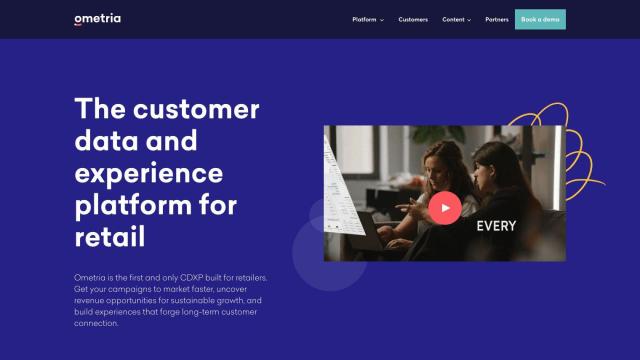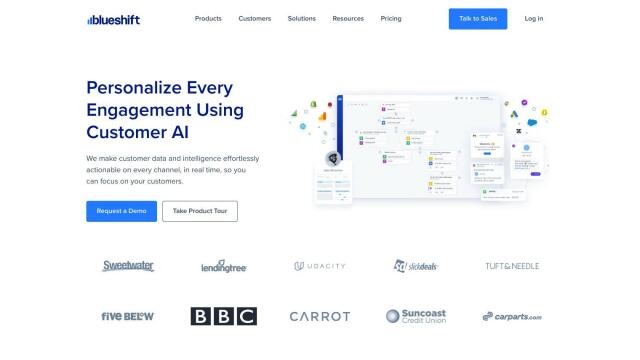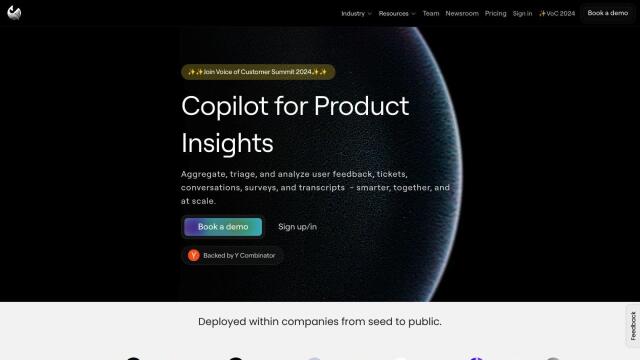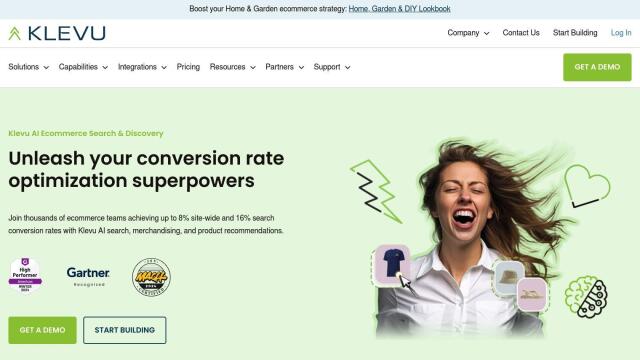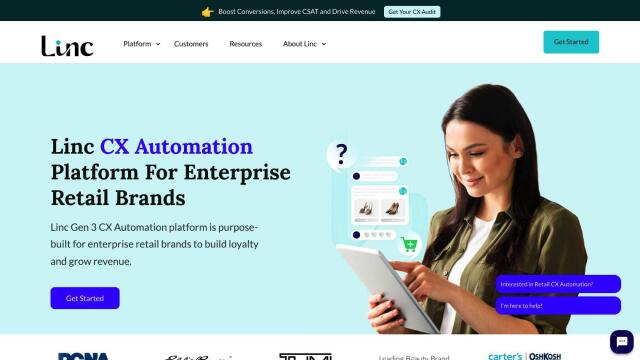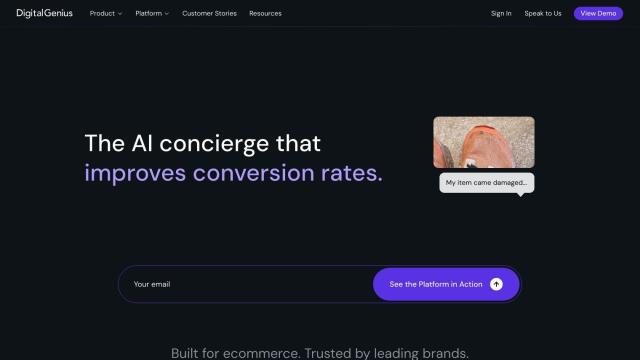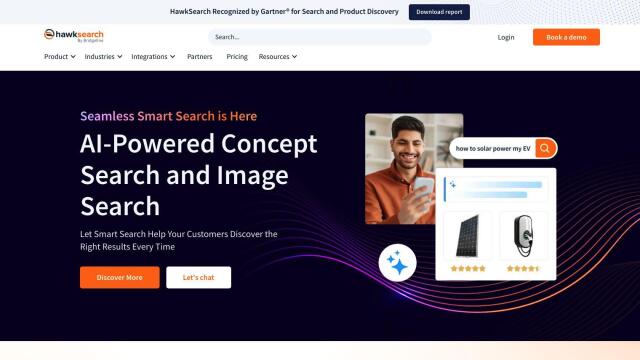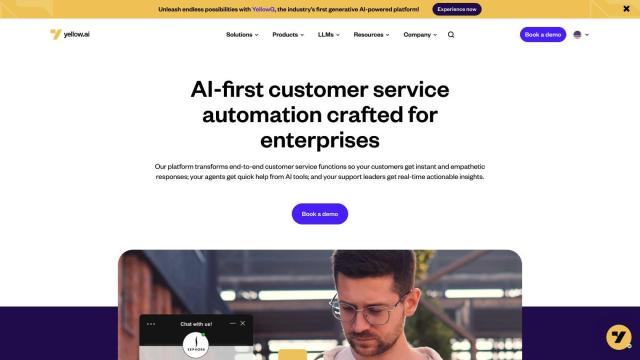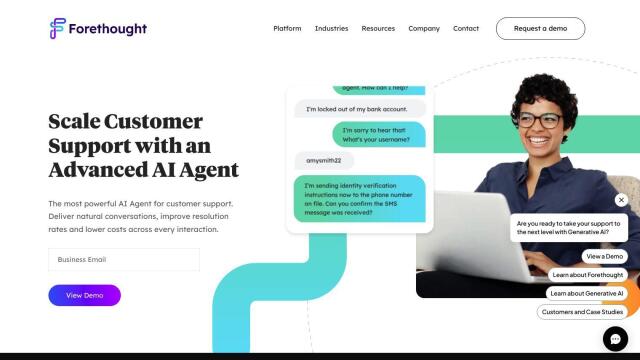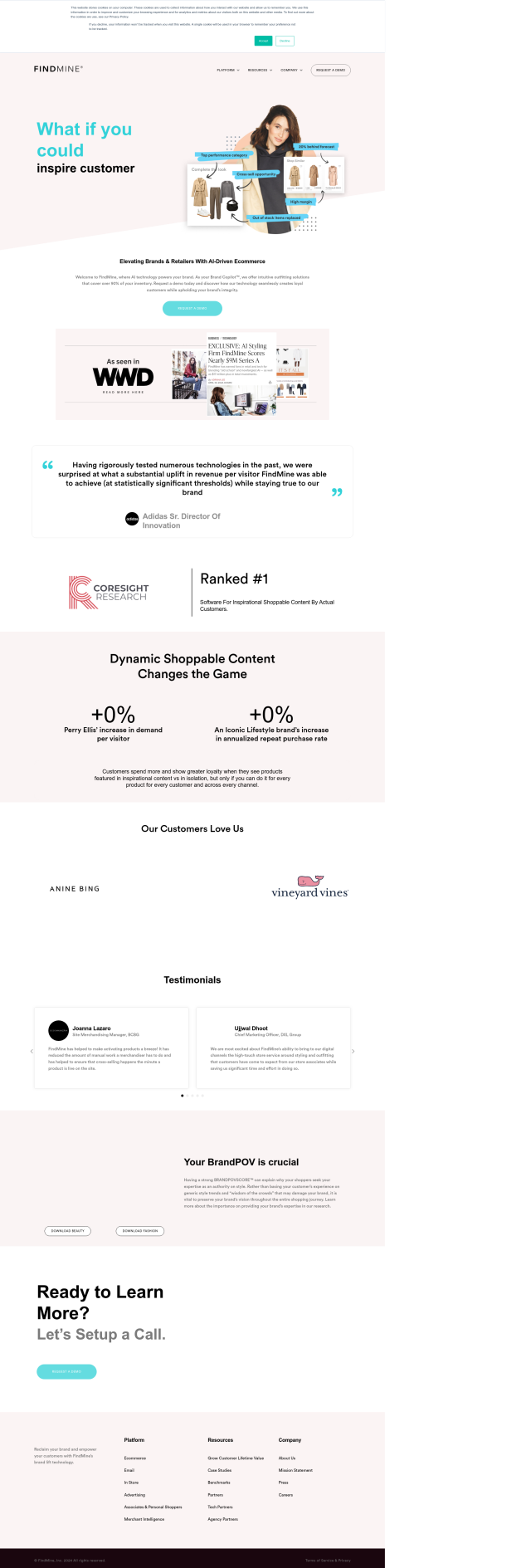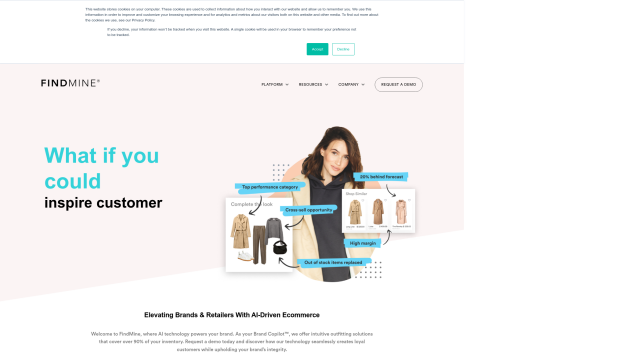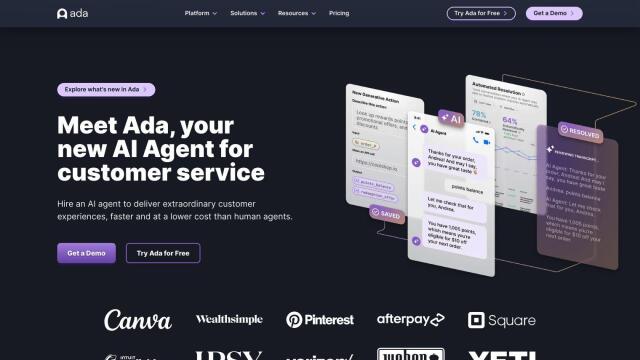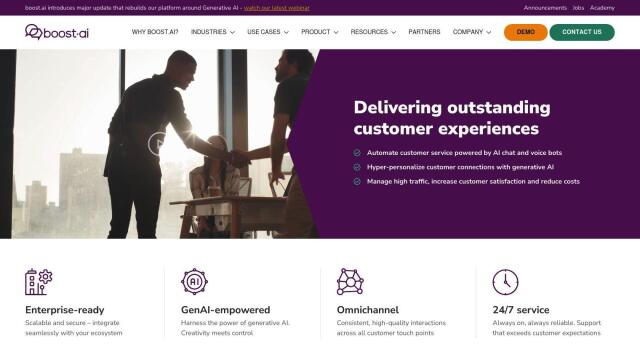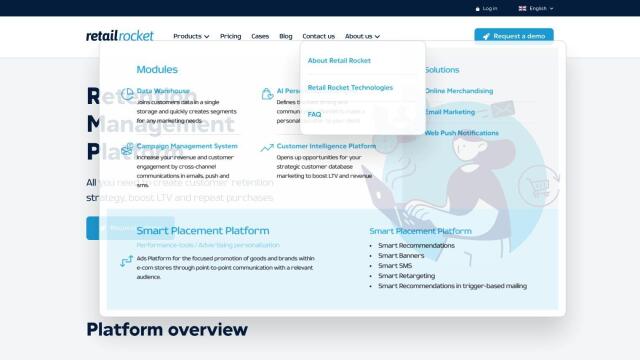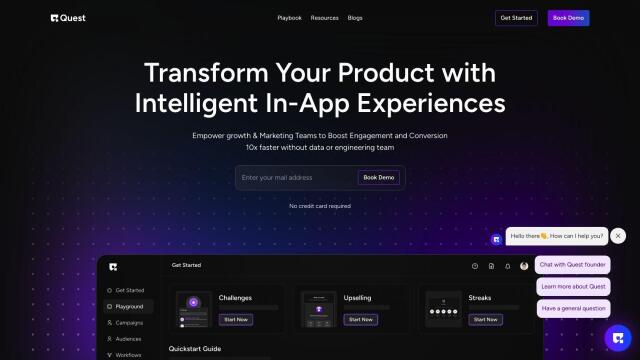Question: How can I use AI to better understand customer preferences and improve demand forecasting for my retail business?

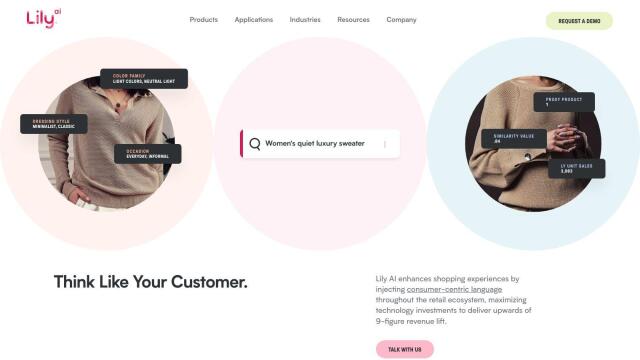
Lily AI
If you want to use AI to better understand your customers and forecast demand in your retail business, Lily AI is a good option. It uses more than 20,000 product attributes to bring customer-centric language to your retail technology stack, improving search, recommendations and demand forecasting. The platform is geared for retail categories like fashion, home and beauty, where detailed product attribution can help you understand customers better. It automates work like writing search-optimized product descriptions so merchandising and ecommerce teams can work more efficiently.

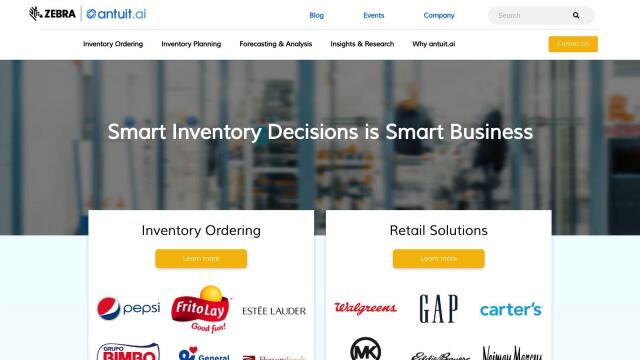
Antuit
Another option is Antuit, an AI-based demand forecasting and omnichannel inventory optimization platform. It uses AI to forecast demand, respond to changes and execute inventory decisions across different sales channels. Its abilities include AI-driven demand forecasting, omnichannel inventory optimization and scalable architecture. Antuit is geared for retail and consumer product companies, and its features like direct-store-delivery predictive ordering and intelligent order promising can help improve inventory levels and reduce stock-outs.

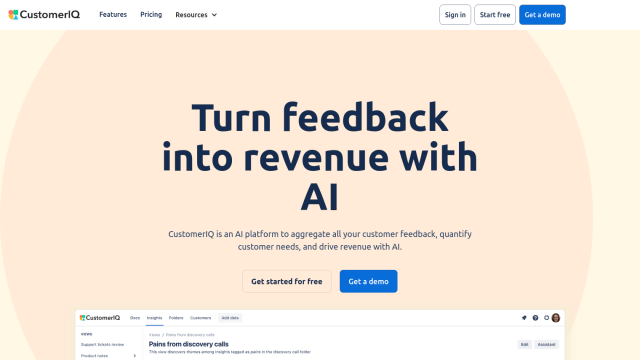
CustomerIQ
For analyzing customer feedback and understanding preferences, CustomerIQ is a good option. It collects, analyzes and quantifies customer feedback from sources like Slack, Hubspot and Zendesk. The platform includes AI-driven highlight extraction, filtering and search, so teams can quickly organize and understand customer data. That can help you spot feature requests, pain points and preferences and take action to maximize revenue growth.

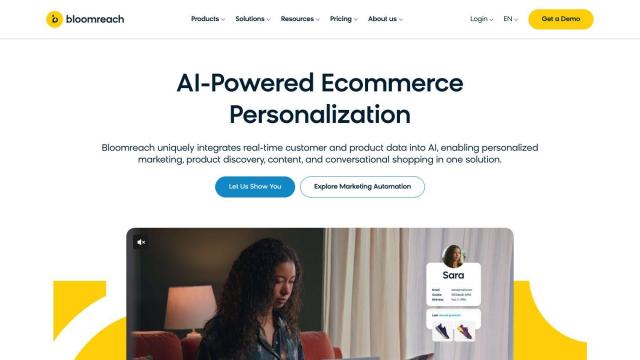
Bloomreach
Last, Bloomreach combines real-time customer and product data with AI to power personalized marketing, product discovery and content. The company offers tools like email marketing, web personalization and SEO, so it's a good option for improving customer experiences and driving profitable growth. Bloomreach's AI, called Loomi, is geared for key performance indicators and customer journey optimization, so it can help you improve multichannel interactions with customers.

